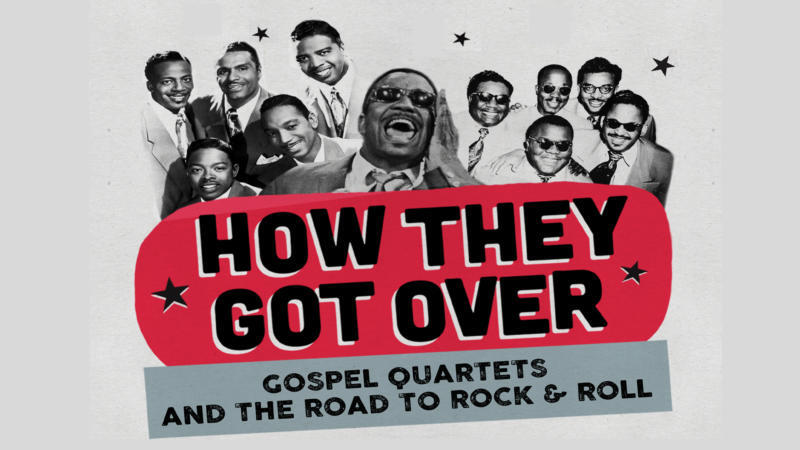Gospel’s role in the formation of rock and roll is explored in the upcoming documentary How They Got Over, directed by Robert Clem. The film will debut in theaters and in virtual cinemas Oct. 29. The trailer for the film is below.
The documentary will focus on how Black gospel quartet music became the basis of what would become rock and roll. The interplay between the two genres would also help break down racial barriers in America. According to the official description:
“Beginning in the 1920s, Black singers across the country took to the highways as the new technology of radio and records made it possible to reach a wider audience. Intense competition brought new ways to entertain, first with guitars, later with full bands, then with a performance style that would inspire Mick Jagger and a host of other rock and rollers. Their music was infectious, wrecking many a house on the chittlin’ circuit, then graduating in the 40s and 50s to the Apollo and other major auditoriums across the country. The success of gospel quartets inspired record labels to form “doo-wop” groups that enticed gospel singers like Sam Cooke, Lou Rawls and Wilson Pickett to cross over to greater fame. How
They Got Over features classic performance footage of the Soul Stirrers, Dixie Hummingbirds, Blind Boys of Alabama and Mississippi, Sensational Nightingales, Mighty Clouds of Joy, Highway QCs, Davis Sisters, Sister Rosetta Tharpe and many more. Some of the greatest names in quartet music are interviewed in the film, giving vivid accounts of how they ‘got over’ in their performances: shouting, bending over backwards, dancing, jumping off the stage – what came to be known as ‘gospel drama.’
How They Got Over celebrates the spirit of gospel performers and how they helped usher in a musical revolution that changed the world forever.”
Clem is an Alabama native who has been named as a Sundance Institute Writer/Director’s Lab fellow and has created documentaries about the unsung histories of Alabama, including award-winning Big Jim Folsom: The Two Faces of Populism, exploring Alabama’s racially diverse, populist revolt in the 1940s, The Wake of the Assassins, exploring an Alabama political assassination that escalated the state’s racial strife in the 1960s, and the award-winning Eugene Walter: Last of the Bohemians about the presumably gay Alabamian who was a central part of Fellini’s circle and who became a champion of the arts in the state.

